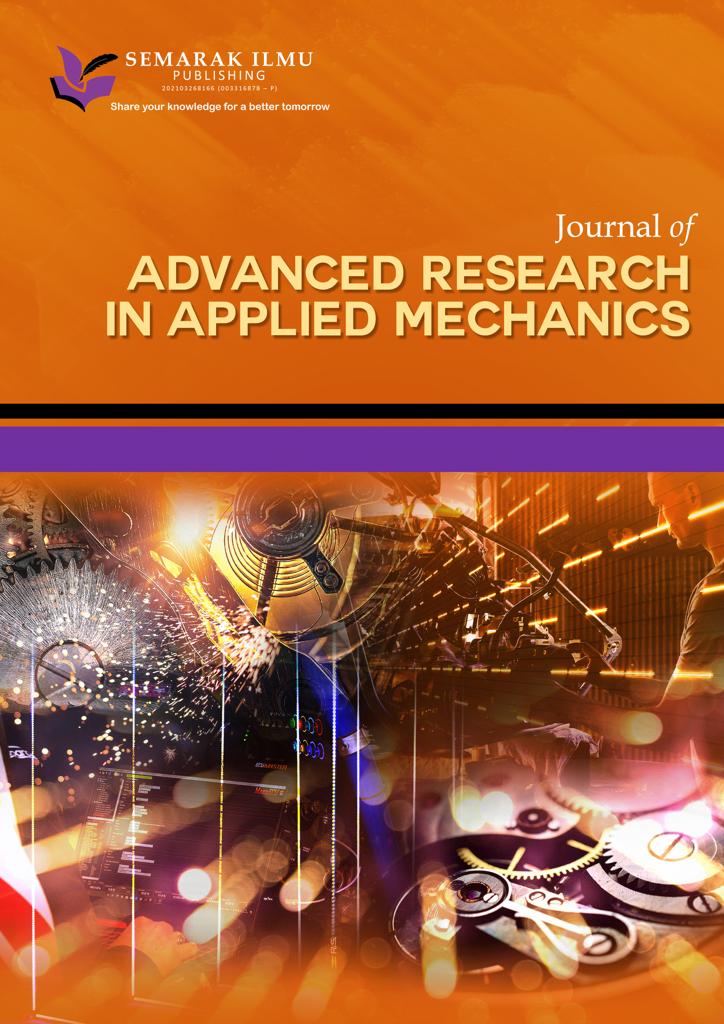Performance Improvement of The Domestic Refrigerator Using Phase Change Materials
DOI:
https://doi.org/10.37934/arfmts.95.2.2028Keywords:
Domestic refrigerator, phase change material, experiment, computational fluid dynamics, power consumption, coefficient of performanceAbstract
A growing environmental Impact of global warming and rapidly increasing cost of the electrical energy cause researchers in the field of refrigeration and air conditioning to develop the sustainable cooling technologies. This study investigated the influence of latent heat storage materials on the power consumption and the temperature distribution of a commercial domestic refrigerator. The 2 kg PCMs (Phase change materials) slab of thickness 5 mm, which consisted of a 2:1 by weight mixture of refined paraffin wax and kerosene oil, were located on the back side of the roll-bond evaporator and the copper coated steel tubing coils of the hot-wall condenser, in order to improve the higher performance of refrigerator and to decrease the operating cycle time of the compressor. The experimental and CFD (Computation fluid dynamics) simulation results indicated that the refrigerator equipped with the PCMs storage unit showed a significant enhancement of the system performance and a reduction of the temperature fluctuations in the refrigerator compartment compared to a conventional system. In this investigation, the electric power consumption and the compressor on-time ratio were reduced by 15.69% and 12.13%, respectively. Moreover, the COP (Coefficient of performance) of the refrigeration system was increased by 9.53%.
Downloads



























